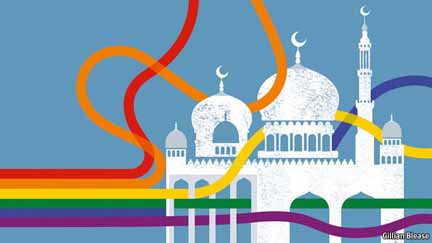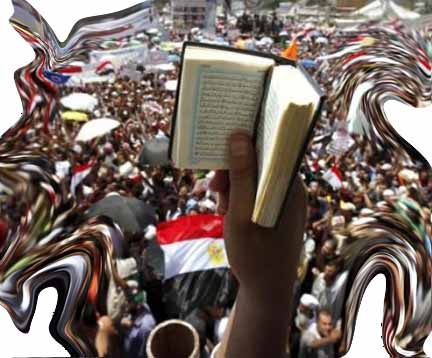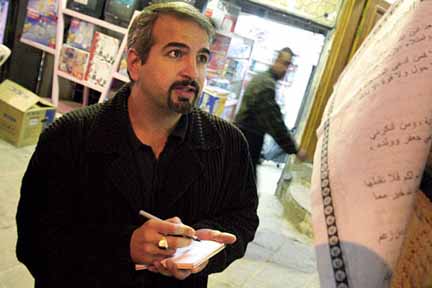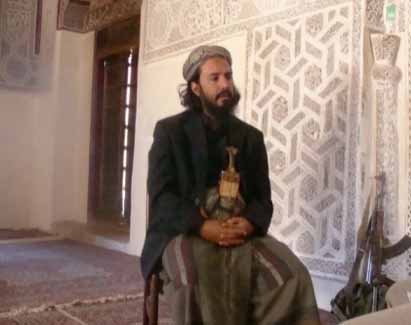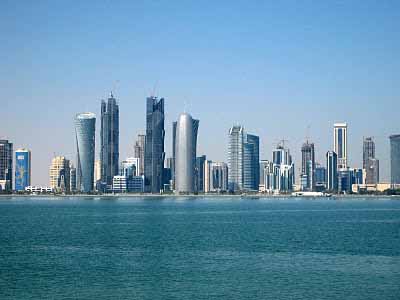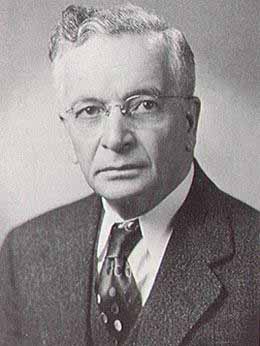
Dr. Michael Abraham Shadid (1882-1966), who founded the first medical cooperative in Elk City, Oklahoma in 1931.
By Anouar MajidÂ
Â
The sudden and tragic death of Anthony Shadid affected me in ways I had not anticipated. As a childhood asthma sufferer, I always pay attention when I hear about such death-causing attacks, but Mr. Shadid’s untimely death in Syria left me wondering about how a man who had endangered his life to report on the troubled region of the Middle East was destined to die in the land of his ancestors. I don’t know much about his life beyond what has been reported, but through a brief exchange I had with him recently, I now read his death as part of the dramatic encounter between the Middle East and the United States since the late nineteenth century.
Â
The story for me begins with Mr. Shadid’s relative, Dr. Michael Shadid, an unsung national hero. A couple of years or so ago, I came across the story of one Michael Shadid, a progressive Syrian (as Arabs from the Levant were known at the turn of the 20th century) immigrant who tried to change healthcare in the United States and left a legacy that could inspire us today as we desperately search for the right solutions. I also wrote about him on TingisRedux .
Born in a tiny village on the slopes of Mount Lebanon in 1882, in a household of nine siblings and a widowed mother, Michael Abraham Shadid overcame nearly insurmountable odds to get an American education in Beirut before finding a way to get out of his native land in search of a better life in the United States. Like many immigrants, he was mesmerized by the sight of New York and America’s possibilities. He worked hard peddling jewelry and trinkets, got a medical education, and, moved by the suffering of poor people in Oklahoma, fought against entrenched interests to establish the first cooperative medical facility in Elk City. Continue reading Anthony Shadid: An American Story
